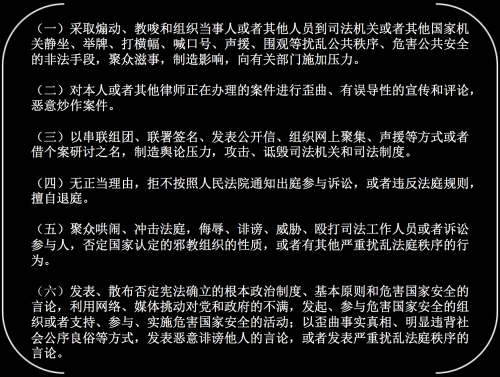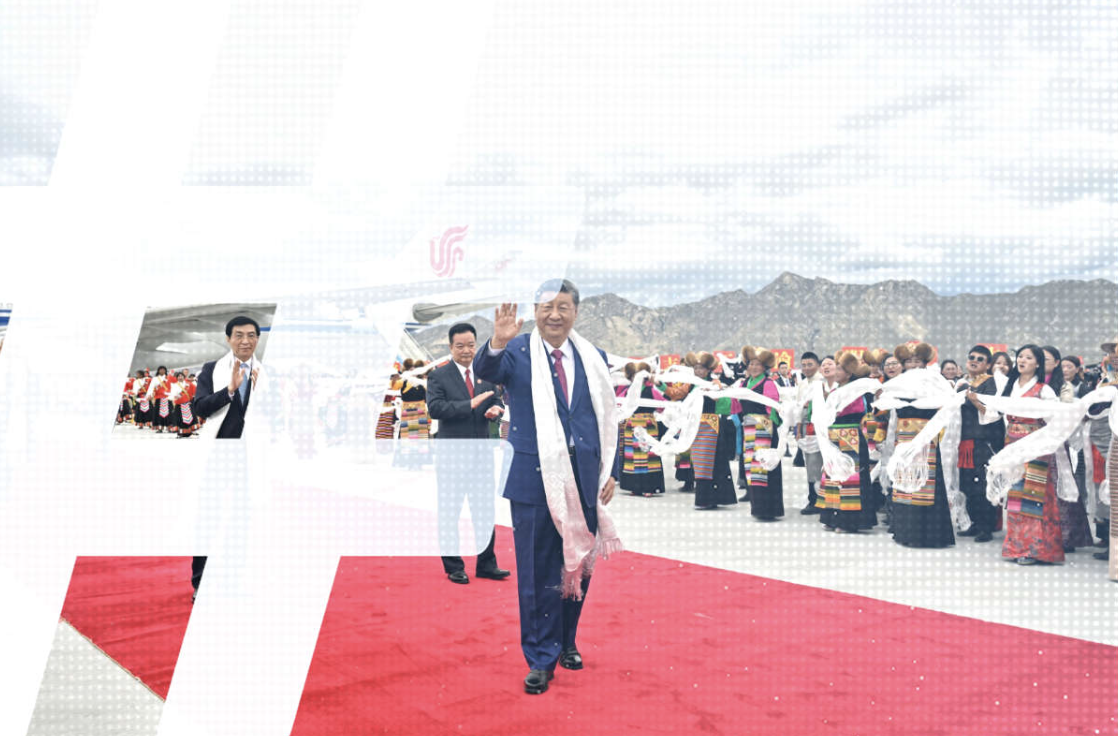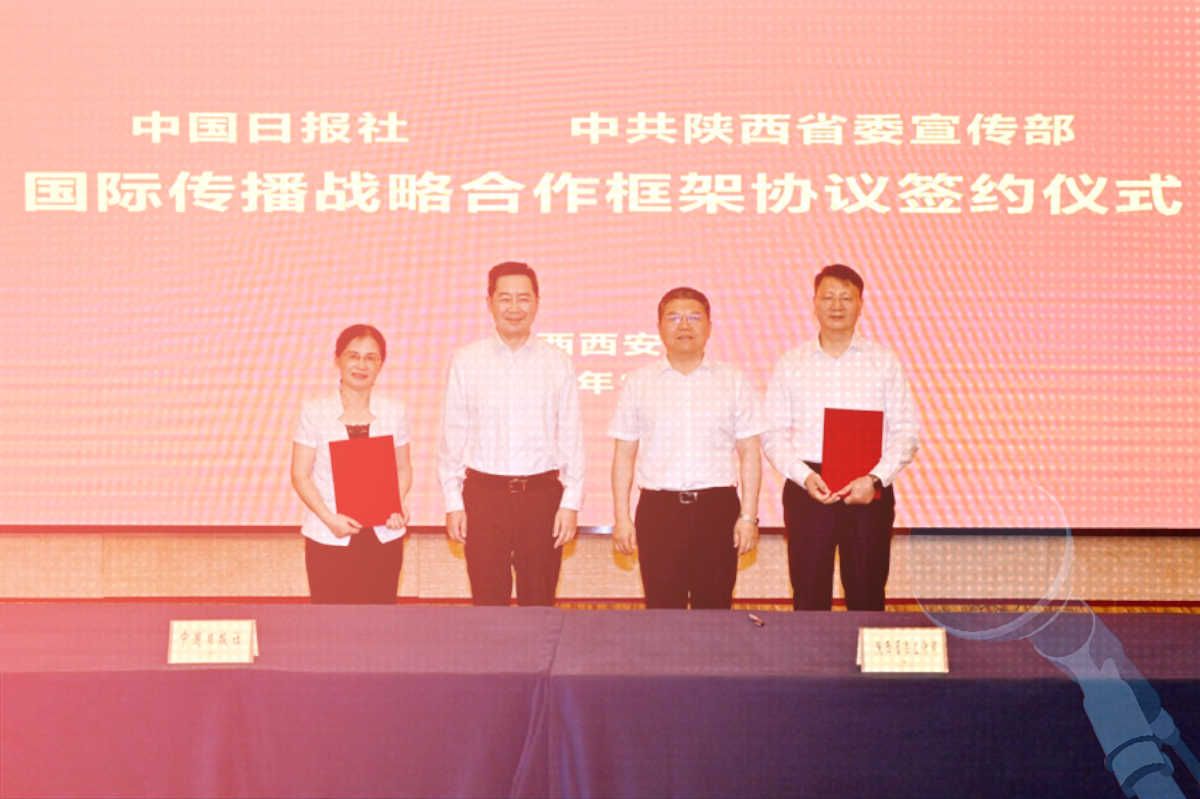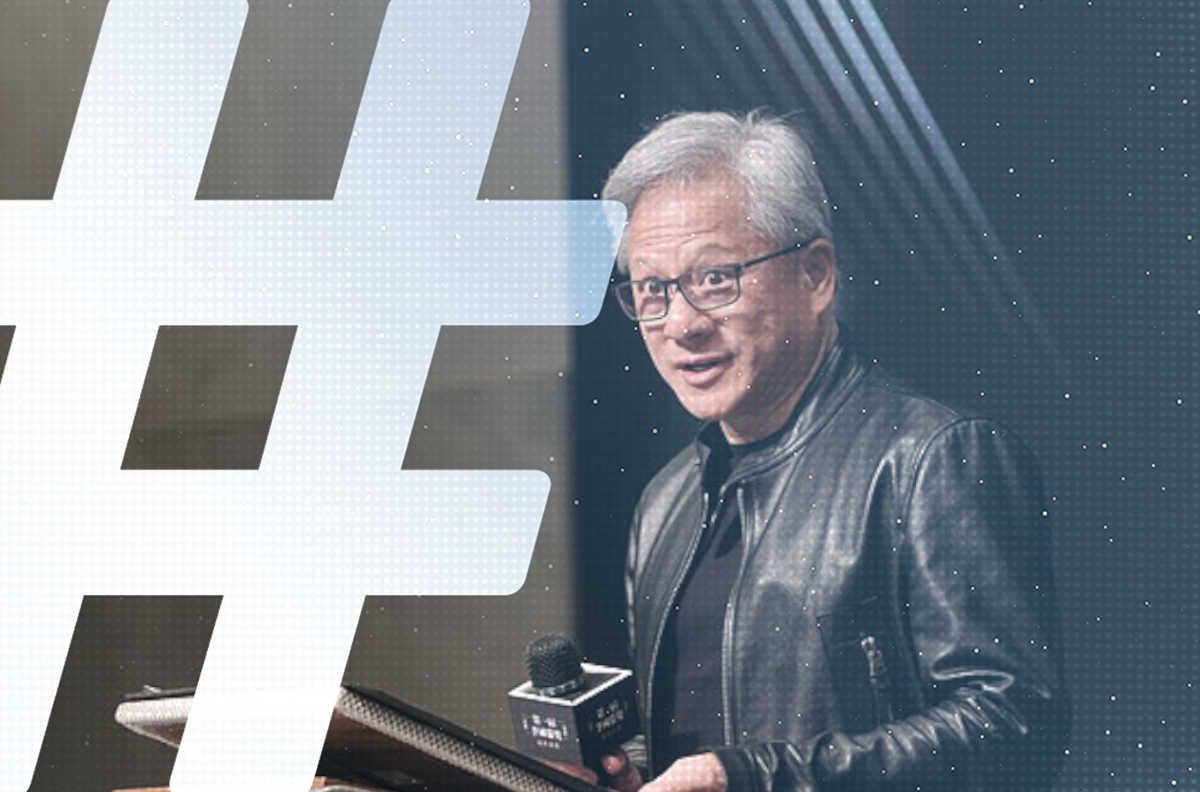IN A NOTICE released yesterday, the Cyberspace Administration of China, the agency created in 2014 to consolidate control over the country’s internet, ordered websites not to repost material from Caixin Online, the multimedia site of one of the country’s leading professional media groups. Citing repeated violations of news and propaganda discipline, the notice announced a two-month suspension of Caixin Online’s credentials as “a news unit able to provide news for reposting to websites.”
The two-month suspension could hit Caixin Online in the pocketbook as syndication of its news content is an important source of revenue on top of advertising. The news syndication market is fuelled in part in China by restrictions on news reporting that prohibit commercial news portals, such as Sina.com and Sohu.com, from doing original reporting.
Speaking to the Chinese-language service of Radio France Internationale (RFI), an anonymous source “familiar with Caixin Online” said one likely reason for the disciplinary action was a recent report on opposition among Chinese lawyers to the newly revised Administrative Measures for Law Firms (律师事务所管理办法). The revised measures, released on September 6, expressly prohibit law firms from employing practices commonly associated with so-called “die-hard lawyers,” those who have sought in recent years to bolster their legal cases by leveraging public opinion and turning attention to deficiencies in the legal system.
Article 50 of the revised measures specifies six forms of conduct law firms must not permit, including “the manufacture of public opinion pressure to attack or disparage judicial authorities or the judicial system through joint petition signature campaigns, online gatherings, support statements, discussions around specific cases and other tactics.”
Caixin was one of the only media outlets in China to report on criticism of the revised measures within the legal profession. In a September 23 report, Caixin journalist Dan Yuxiao (单玉晓) quoted Peking University Law School professor Zhang Qianfan (张千帆) as saying that much of the conduct restricted by the revised measures should be protected under China’s Constitution and the right to freedom of expression. “Judicial authorities and law firms have no need to control the speech and actions of lawyers outside the scope of national laws,” Zhang said, “and in fact they have no authority to do so.”

In response to the new restrictions on “manufacturing public opinion,” Zhang added that progress on rule of law relied to a great extent on the impact of public opinion. “Right now China really needs its lawyers to courageously pursue their profession. If judicial authorities have done nothing wrong, they should remain free of the influence of public opinion — but they should not control lawyers to prevent them from exposing problems to the public.”
In a subsequent report on October 8, later removed from Caixin Online, Dan Yuxiao profiled a letter-writing campaign by 168 lawyers from across the country demanding that the newly revised Administrative Measures for Law Firms be rescinded. That report, “168 Lawyers Advise State Council to Rescind Administrative Measures for Law Firms” (168名律师建议国务院撤销律所管理新规), is now cited as possibly contributing to the CAC restriction yesterday.
According to another Caixin Online report, the Chongqing Lawyers Association held a meeting on October 10 to hear opinions on the revised measures. That report, “Chongqing Lawyers Association Hears Opinions from Lawyers on Repeal of New Law Firm Regulations” (重庆律协听取律师撤销律所管理新规意见), has also disappeared.
Whatever led to the notice from the CAC, the earlier report by Dan Yuxiao on the release of the revised measures, including criticism by legal experts, remains accessible online.




















